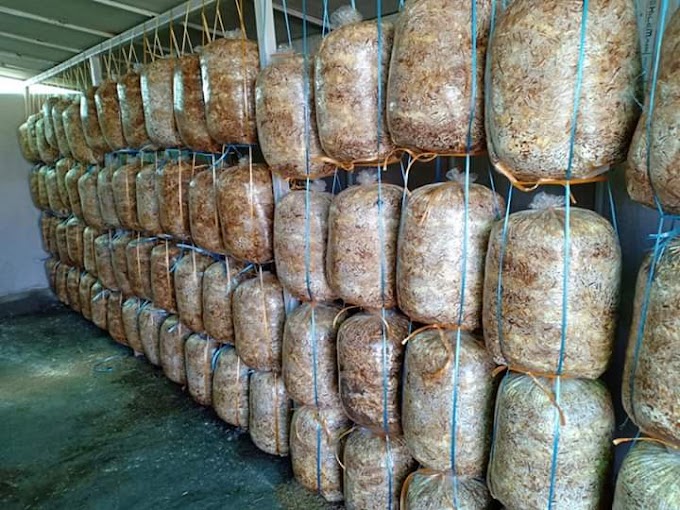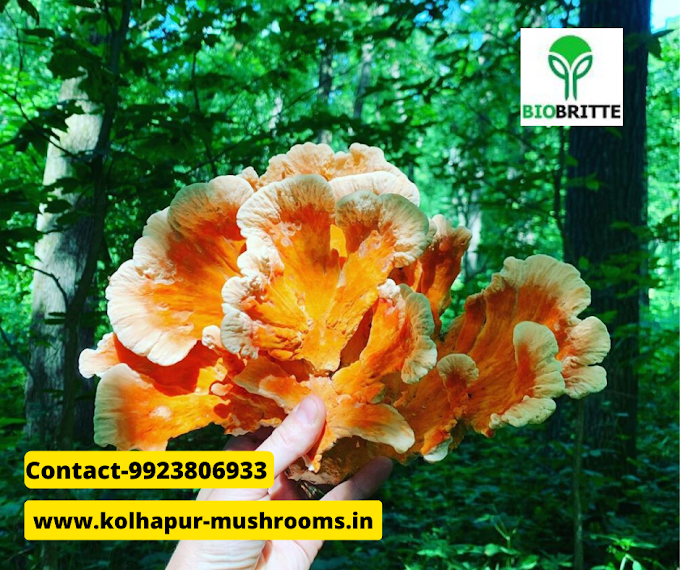Fungal Frontiers: Mushrooms as Agents of Environmental Change
"Mushrooms as Agents of Environmental Change" explores the transformative role of fungi, particularly mushrooms, in shaping and sustaining ecosystems. Fungi, including mushrooms and their mycelium networks, exhibit remarkable abilities to influence environmental processes and drive ecological dynamics.
This concept delves into several key aspects:
1. Ecosystem Restoration: Mushrooms play a crucial role in ecosystem restoration by facilitating the decomposition of organic matter, enhancing soil fertility, and promoting plant growth. Mycelium networks form symbiotic relationships with plants, providing them with nutrients and water uptake capabilities, which helps establish vegetation and restore degraded habitats.
2. Soil Health and Carbon Sequestration: Fungi, through their mycelium networks, contribute to soil health by binding soil particles together, reducing erosion, and promoting soil stability. Additionally, fungi sequester carbon by capturing and retaining carbon molecules in soil aggregates, helping mitigate climate change by reducing atmospheric carbon dioxide levels.
3. Bioremediation and Pollution Control: Fungi, including mushrooms, have the remarkable ability to degrade a wide range of environmental pollutants, including petroleum hydrocarbons, pesticides, heavy metals, and even plastics. Through processes like mycoremediation, fungi detoxify contaminated soil, water, and air, contributing to pollution control and environmental cleanup efforts.
4. Biodiversity Conservation: Mushrooms support biodiversity conservation by providing habitat and food for a wide range of soil organisms, including bacteria, insects, and other fungi. Fungal diversity is essential for maintaining ecosystem resilience and stability, as fungi play key roles in nutrient cycling, decomposition, and soil formation processes.
5. Sustainable Materials and Green Technologies: Mushrooms are increasingly being recognized as a source of sustainable materials and green technologies. Mycelium-based materials, such as mycelium foam and mycelium composites, offer eco-friendly alternatives to conventional building materials, packaging, and insulation. Additionally, mushrooms have potential applications in biodegradable plastics, renewable energy production, and biopharmaceutical manufacturing.
Overall, "Mushrooms as Agents of Environmental Change" highlights the transformative potential of fungi in driving positive environmental outcomes and promoting sustainable development. By harnessing the ecological services and biotechnological capabilities of mushrooms, we can address pressing environmental challenges and build resilient and regenerative ecosystems for future generations.





